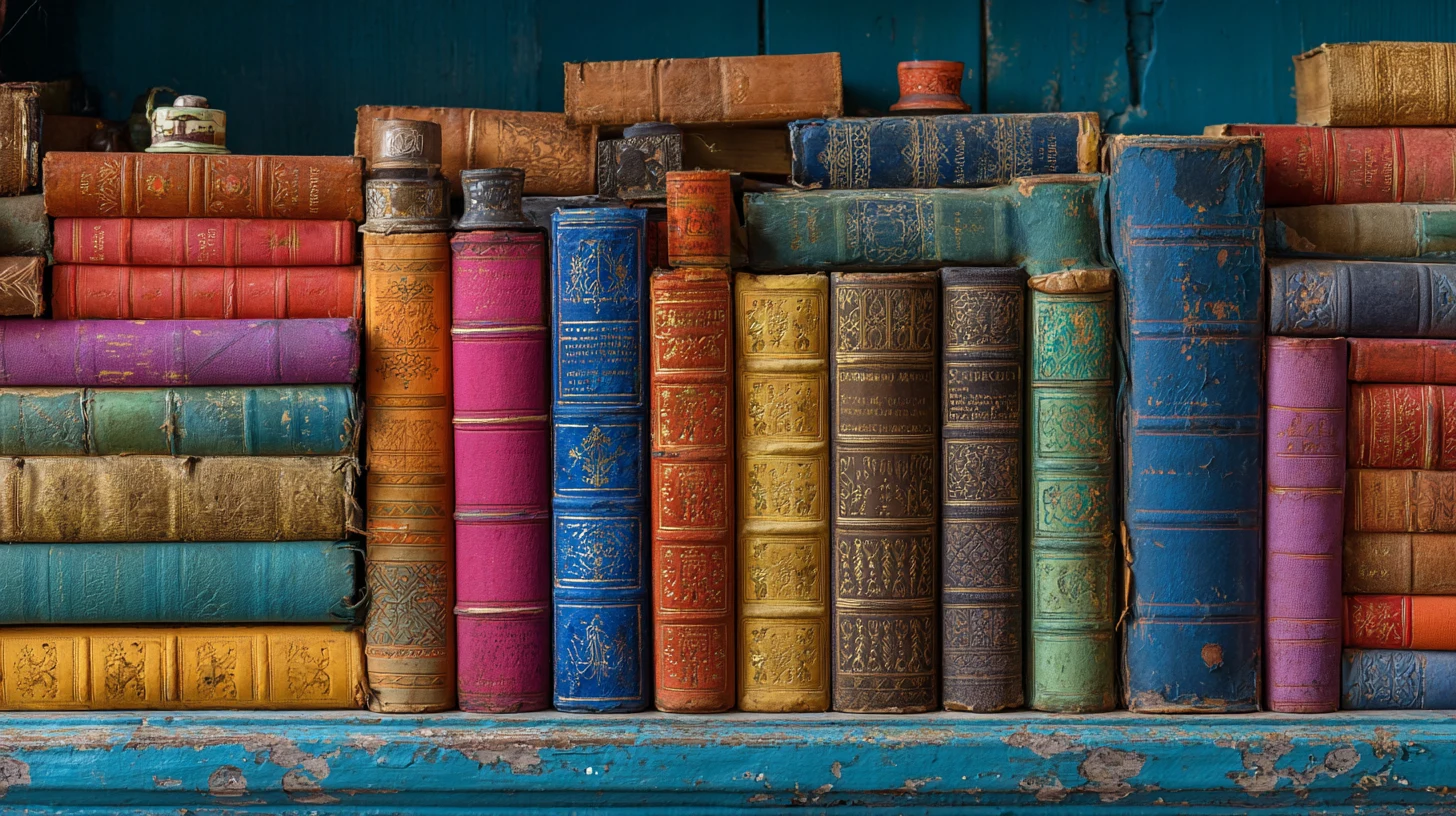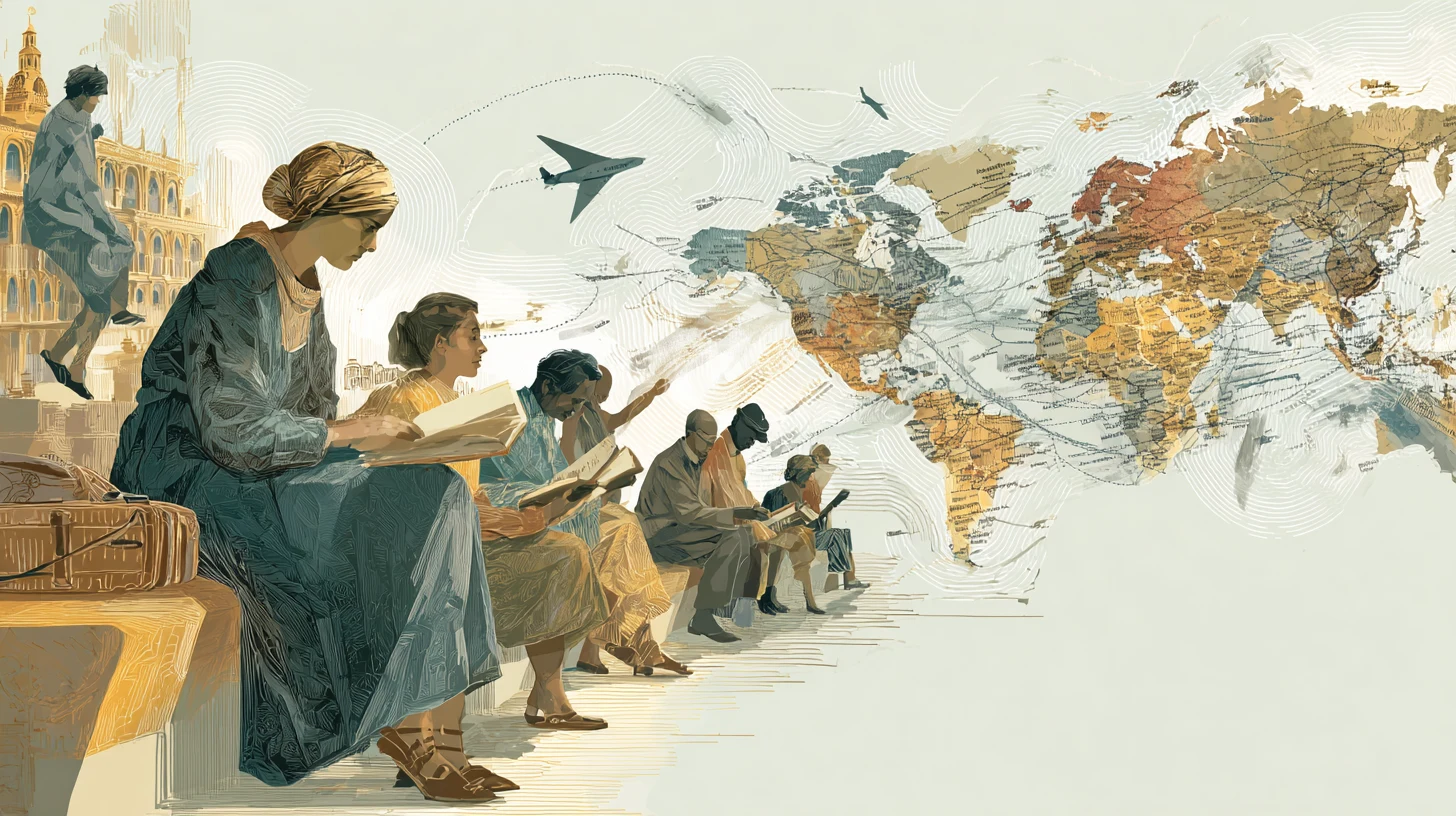
Reading Cultures: Collection, Travel, Exchange I - 10
Course Code
HUMA 14000 10
Course Description
This course in the Reading Cultures sequence is devoted to the analysis of "collection" as a form of cultural activity. Reading texts such as Ovid's Metamorphoses, The Arabian Nights, and Zora Neale Hurston's Mules and Men that offer collections of stories in lieu of a single tale, we consider the extent to which culture comes into being through the accumulation, assemblage and transmission of narratives.
In other words, students in this course learn how to think about narrative and storytelling in terms of the production, organization and control of culture. Who gets to collect and to tell the stories of a culture, we ask, and what difference does their identity make to cultural representation?
Course Criteria
This course is only open to incoming UChicago transfer students. Please visit the Summer Session Incoming Transfer Students page to apply.
This course must be taken alongside HUMA 14100, Reading Cultures: Collection, Travel, Exchange II, as well as an afternoon writing course that runs August 3-September 11, 2026 (no class September 7).
Instructor(s)
Valerie Levan
Other Courses to Consider
These courses might also be of interest.
 Reading Cultures: Collection, Travel, Exchange II - 20
Reading Cultures: Collection, Travel, Exchange II - 20This section of Reading Cultures considers the centrality of movement, migration and travel to the study of culture. Turning to texts such as Homer’s Odyssey, Amitav Ghosh's In An Antique Land, and Jamaica Kincaid's A Small Place, we ask how cultures travel and change, and analyze the ways that language, narrative, and objects function as mediums of cultural movement and transmission.
Residential